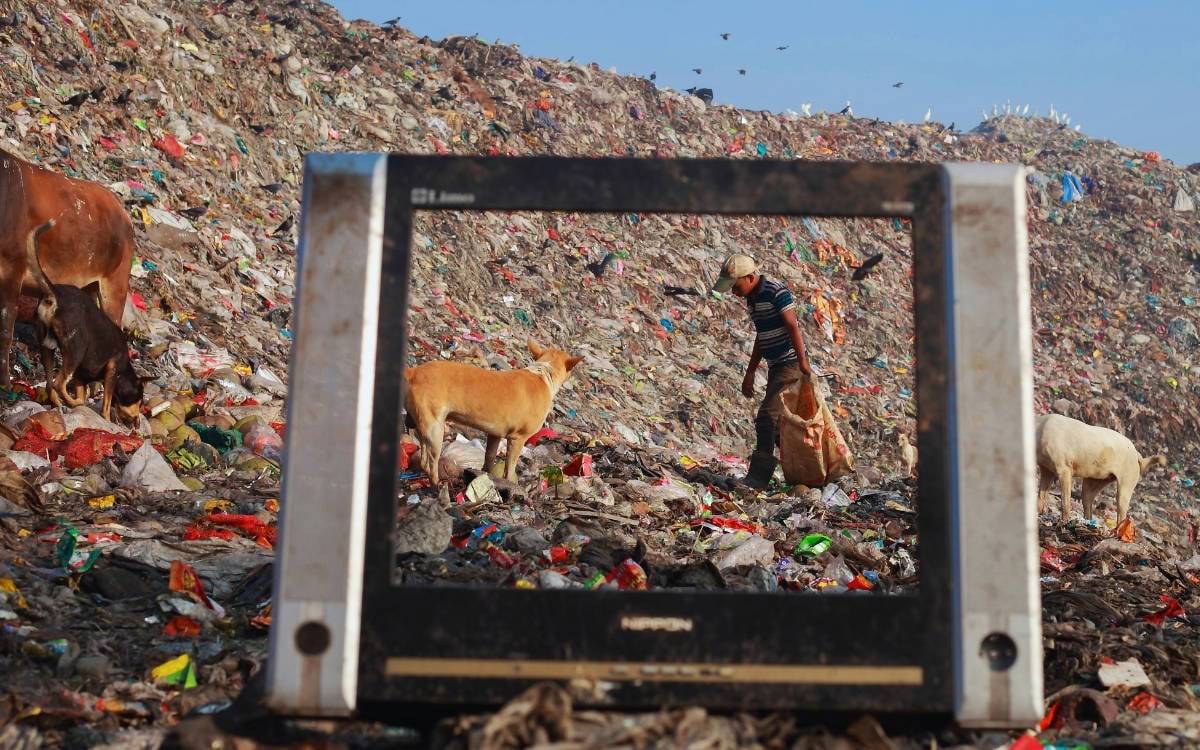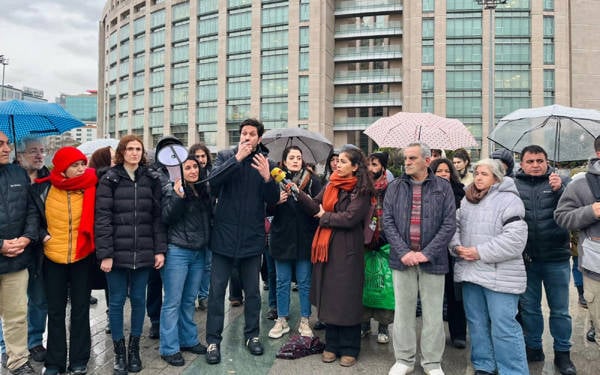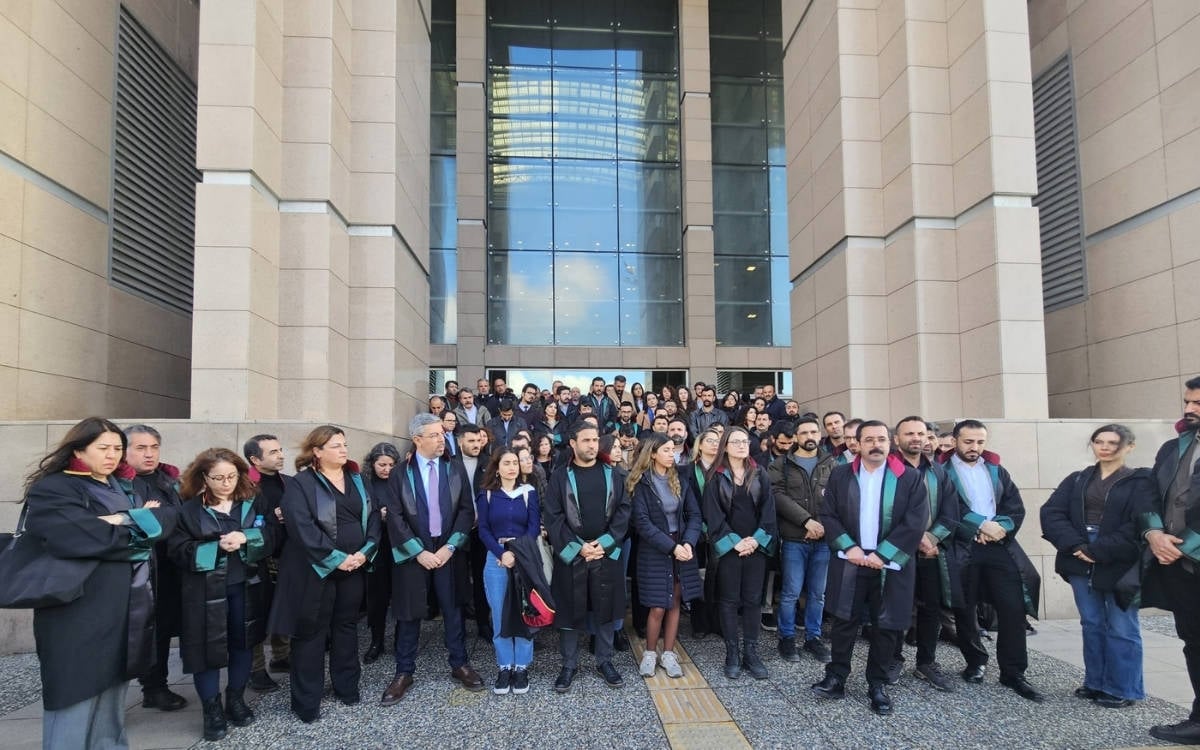Ecocide is defined as the wide-scale damage and destruction which leads to serious and permanent changes on either the world ecosystem or global commons, and was first introduced in 2010.
This concept garnered further importance with the contribution made to the terminology in the field with the presentation of a pre-definition to the United Nations Legal Committee by British lawyer Polly Higgins, a founder of the Stop Ecocide Foundation.
In Turkey, too, the Ecocide Law Citizens’ Initiative, following three years of preparation work, presented to the Grand National Assembly (TBMM) a petition for ecocide to be recognized as a crime in the Turkish Penal Code (TCK) with 28820 signatures.
The TBMM Petition Committee Presidency Council rejected the petition for the legislative regulation of ecocide on the grounds that such a request could only be presented by members of parliament. Requests for the signed petition to be sent both to the Presidency of the TBMM and the President’s Office were also rejected and the petition was forwarded to the archive. Although this decision was communicated to all members of parliament, there were no objections.
Kazdağları, Şırnak
Melis Tantan, a member of the initiative that advocates the prevention of environmental damage through legal sanctions, told bianet about the struggle they have put up in this framework.
“As the Ecocide Law Citizens’ Initiative, we requested a general assembly meeting for legislative regulation to be drawn up for ecocide to be included as a crime in the Turkish Penal Code (TCK). As a result of various preparations that have continued for the past three years, we presented a petition signed by 28820 citizens to the TBMM Presidency on 28 November 2023 so that ecocide would be legally recognized as a crime.”
“Legal experts state, on the basis of Article 77 of the Turkish Penal Code, that all manners of damage caused to the environments must be deemed a deliberate act. Within this scope, all activities that cause damage to the environment, and especially those like the destruction of nature carried out by Cengiz Holding in the Kazdağları area [Mount Ida and its environs], the destruction of forests in Şırnak and the Black Sea coastal highway project must be included in this definition.

Direct democracy
“If this law had been defined in the laws of the Republic of Turkey, such projects could have been prevented. We directly applied to parliament, yet the commission said, ‘The right to present proposals of law belongs to members of parliament, citizens cannot present such proposals’. So we objected, yet they once again said, ‘It is not for you to do this’. They constantly rejected our demands and tried to block the process.
“We then applied to the administrative court and on 5 December 2024 a hearing was held at the Ankara 4th Administrative Court. Our issue there was our demand that the necessary regulation be made so that our proposal could be reintroduced to the parliamentary agenda. We stated that our proposal was for the social good, and demanded that our legislative proposal be sent to the President of the Grand National Assembly and the President of the Republic. The opposite party then stated that only members of parliament could present such a proposal and that the charter did not allow citizens themselves to present such a proposal.
“However, this goes against the foundations of law and democracy. That is because members of parliament are, naturally, representatives of the people, and citizens taking part in legislative activities is a process that involves direct democracy. We emphasized this point at the hearing and explained that such regulations on environmental damage must become part of the parliamentary agenda.
“We will continue our struggle”
“The opposite party also stated that they had learned a lot from us. In fact, this process has received support from various cities and mass organizations. The process is conducted with contributions from places like Bursa, Tekirdağ, Şırnak, Diyarbakır, Kocaeli and Ankara. Members of parliament are also providing support for the law to pass.
“We will continue to explain to the public why the crime of ecocide must be recognized within a legal perspective. We believe that penalty increases must be applied in environmental crimes and destruction of nature so that nature can be protected. The ‘those who pollute pay’ approach has proven insufficient in environmental crimes, and leads to even greater disasters. Since environmental damage continues in Turkey, this regulation must be immediately introduced.
“The definition of ecocide should not be restricted to projects that harm the environment; legal precautions must be implemented so that natural ecosystems and habitats are protected. For instance, the Marmara Sea, a habitat which has suffered ecosystem damage, must be protected. There are examples of such regulations across the world, so why shouldn’t Turkey do the same? After all, the environmental struggle, thanks to rights’ defenders, is much more developed in Turkey than many other countries in the world. In fact, rights’ defenders in other countries have expressed their admiration to us regarding our work on ecocide. We will continue our work with that motivation and do all we can so that ecocide is recognized as a crime.”
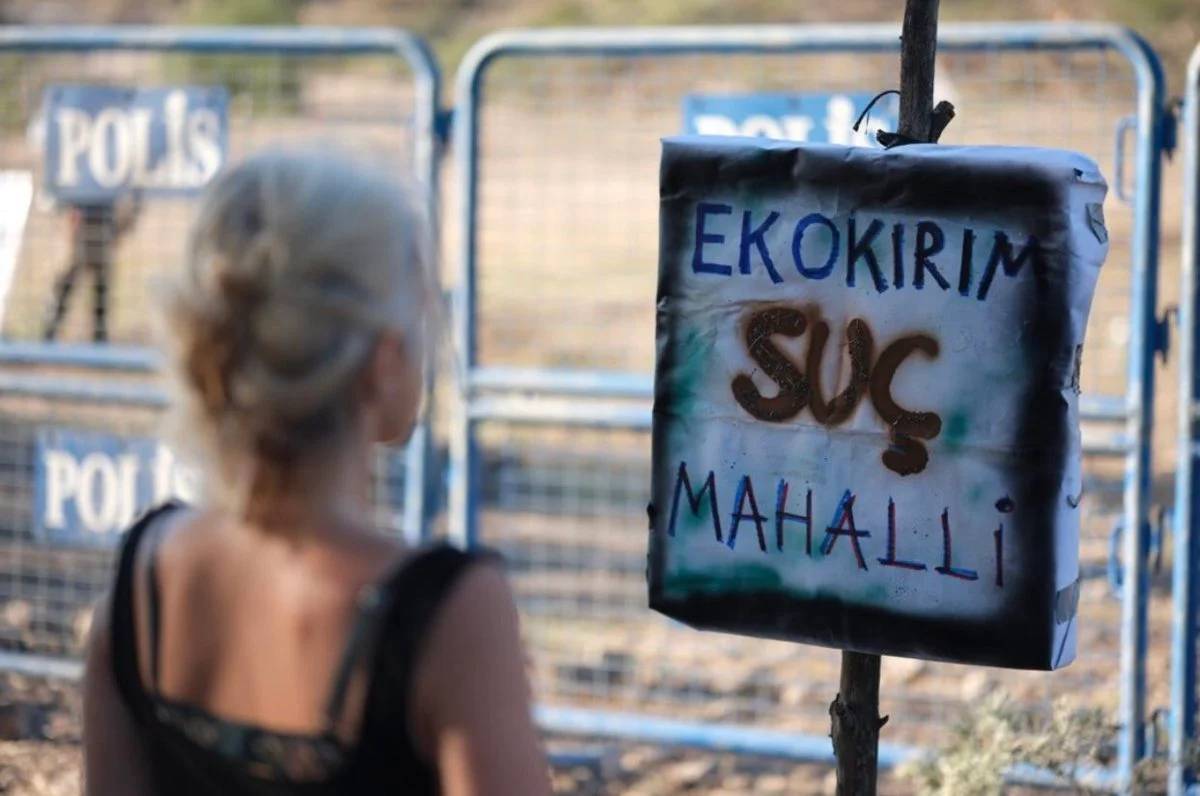
Law proposal
The law proposal of the citizens features the following articles:
- ARTICLE 1- The heading of Book Two, Section One, Chapter One of the Turkish Penal Code no. 5237 and dated 26/09/2004 has been changed from “Genocide and Crimes against Humanity” to “Genocide and Crimes against Humanity and the Planet”.
- ARTICLE 2– Article 77/a has been added to follow Article 77 of Law no. 5237.
The crime of ecocide
ARTICLE 77/A
(1) Persons who create the hazard of causing harm irreparable in the short term across an entire ecosystem by endangering the lives of humans or other living beings in the natural or cultural environment, acting in a manner that could cause grave damage to natural or cultural beings, or by committing any other illegal act will be sentenced to life imprisonment, a punitive fine will also be adjudged amounting to tenfold of any material benefits acquired from the crime, and the economic profit made from the valuation or transformation of such material benefits.
(2) In the event that the crime described in Clause 1 is committed involuntarily, a prison sentence no less than fifteen years will be passed and a punitive fine will also be adjudged amounting to fivefold of any material benefits acquired from the crime, and the economic profit made from the valuation or transformation of such material benefits.
(3) If the committed crime of ecocide has created damage that is irreparable across the entire ecosystem, then the perpetrator will be sentenced to aggravated life imprisonment; in the event that the crime is committed involuntarily, the perpetrator will be sentenced to twenty years imprisonment, and a punitive fine will also be adjudged amounting to twentyfold of any material benefits acquired from the crime, and the economic profit made from the valuation or transformation of such material benefits.
(4) Security measures will also be passed regarding legal entities due to these crimes.
(5) No statute of limitations is applicable to these crimes.
- ARTICLE 3- This Law comes into force on the date of its official publication.
- ARTICLE 4- This Law is implemented by the President.
The roots of ecocide
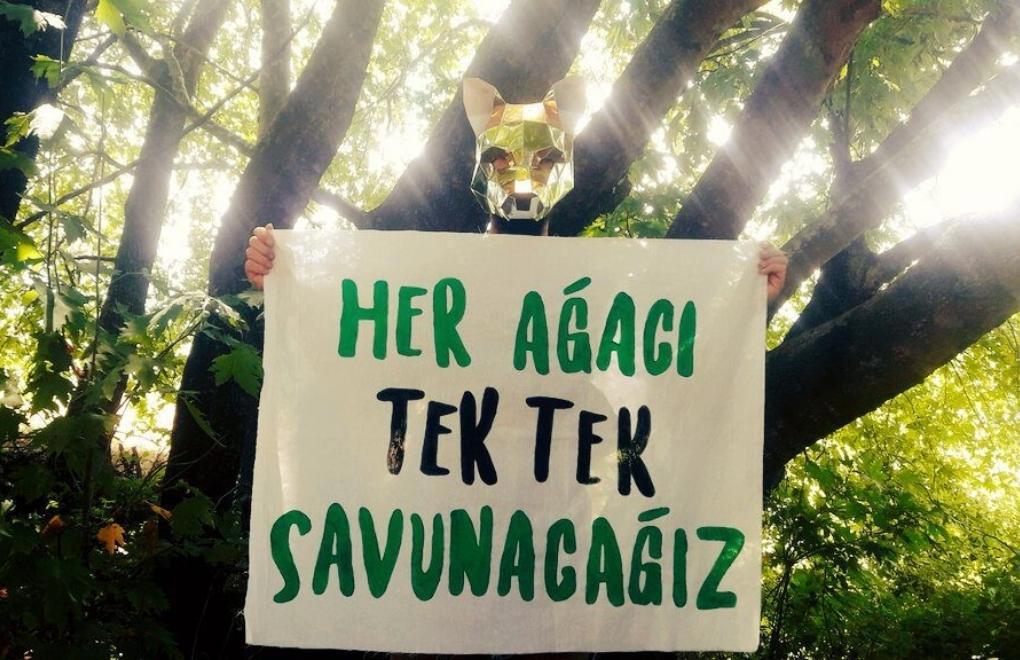
The word ecocide derives from the combination of the word “oikos” (home, environment) in Ancient Greek and the word “caedere” (to cut down, to massacre) in Latin. The word genocide has also had an impact in the creation of this concept.
Ecocide has been a subject of law since the 1970s, and work has been carried out worldwide for it to be recognized both in international law and the domestic legal systems of independent countries. One such effort is to have ecocide added to the four fundamental crimes (genocide, crimes against humanity, war crimes and the crime of aggression) tended to by the International Criminal Court in The Hague as a fifth fundamental crime.
In 2019, an application was field by the Pacific Island Countries at the International Criminal Court (ICC) for ecocide to be recognized, while in 2021, a draft was prepared on the initiative of the Stop Ecocide Foundation for ecocide to be added to the Rome Statute.
By introducing this new offence as part of the reform of the Belgian Criminal Code on 22 February 2024, Belgium became the first European country to recognize ecocide as a crime both on the national and international level. The law sets forth a sentence of 20 years’ imprisonment and a 1.6 million Euro fine for serious and irreversible crimes committed against nature. (TY/NHRD)
This news report was produced with financial support from the Oslo Metropolitan University Journalism and Media International Center (OsloMet-JMIC). Only the IPS Communication Foundation/bianet is responsible of the content of the news report and it in no manner reflects the views of OsloMet-JMIC.






